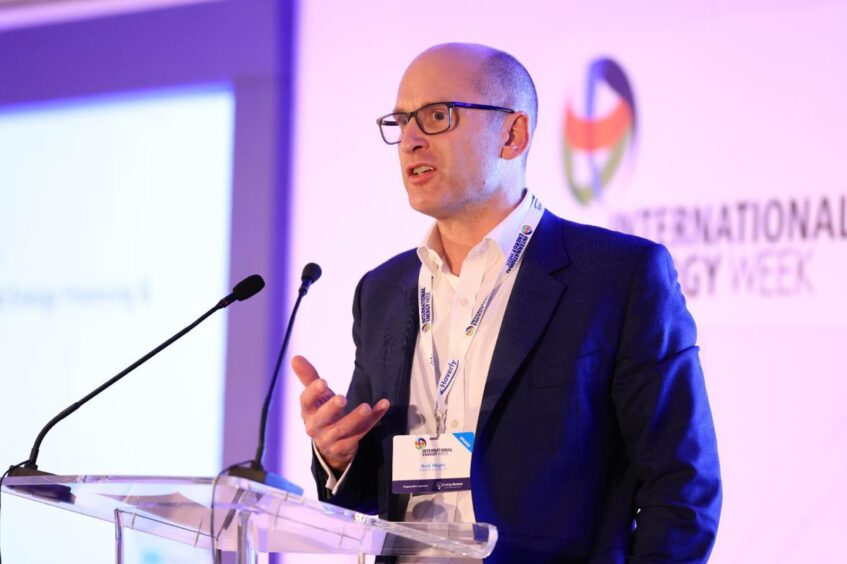
As International Energy Week 2024 approaches, Energy Institute CEO Nick Wayth CEng FEI says this year will be a big test for the public support and political will needed to accelerate the energy transition.
2024 is set to be a record-breaking year for democracy, with four billion people in more than 60 nations voting in elections around the world.
The climate impacts we’re witnessing now across all continents, and the need to shift our economies onto a low carbon footing, are surely a central issue facing many standing for election and those heading to the ballot box.
The choices made by the most populous electorates, not least the US and India, will have consequences for the smallest, most vulnerable, like voters in the low-lying island nation of Palau, whose lives are increasingly at risk to rising sea levels and storm surges.
Because global emissions are still heading in the wrong direction, and the latest data shows the dominance of fossil fuels largely unchanged at almost 82% of total consumption.
This is why we’ve chosen ‘In search of the energy transition’ as the theme of this year’s International Energy Week. Among 100 speakers, we’ll hear from IPCC Chair Prof Jim Skea, UN Special Representative Damilola Ogunbiyi, and industry CEOs Mohamed Al Ramahi of Masdar, Catherine MacGregor of Engie, Russell Hardy of Vitol and Greg Jackson of Octopus.
Our discussions will, I believe, find cause for hope. Having attended COP28 last year, I saw the progress that can be made through collective action and political will. Politics and policy are crucial because our efforts to shift to a sustainable energy future rely on signals, certainty, incentives and regulation that only governments can provide.
With a general election likely this year in the UK too, our conference will also hear from both of the main parties – from Conservative Energy Minister Amanda Solloway and Labour’s Shadow Secretary of State Ed Miliband. Despite continued consensus around the UK’s net zero target, questions hang over the detail of both parties’ policy platforms, not least whether to continue permitting new North Sea oil and gas.
Decarbonising economies around the world, while ensuring secure and affordable energy supplies has to be at the top of the in tray for those seeking office this year. I hope these elections, wherever they take place, can find some useful consensus on these critical issues.
The search for the energy transition depends on it.
International Energy Week takes place in London from 27-29 February 2024. More information and tickets for the conference and prestigious gala dinner are at www.ieweek.co.uk
Recommended for you
